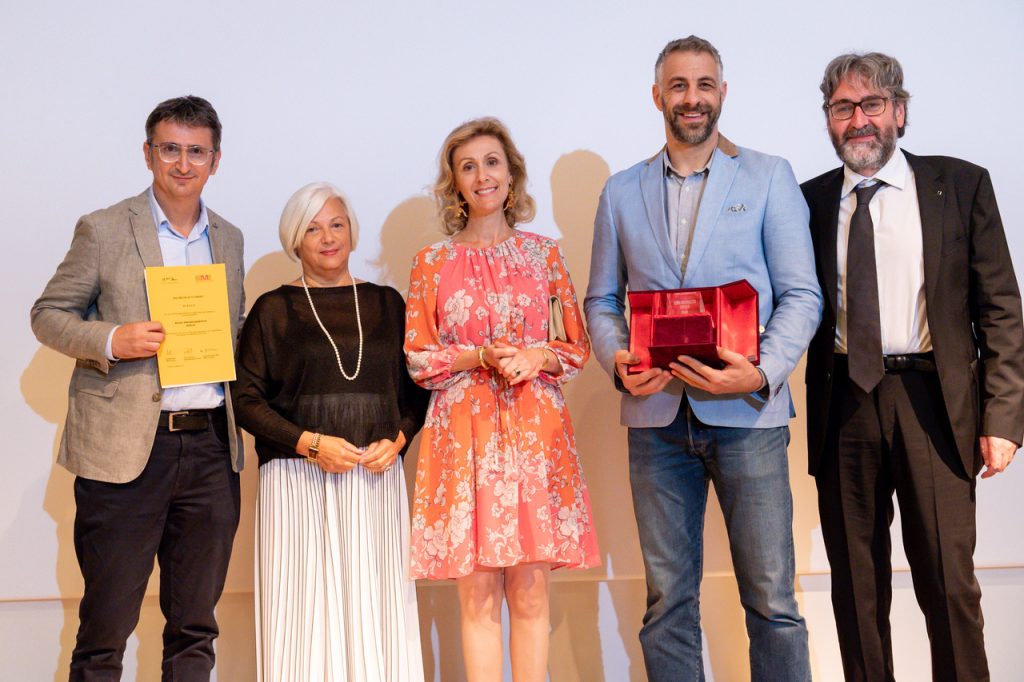Esch-sur-Alzette, the European Capital of Culture, hosted this year’s European Museum Academy conference and award meeting between 8 and 10 September. One of this year’s award winners was also the Woodcarving Museum from Konjic (BaH), recipient of ŽIVA 2020 award. The Emigration Museum in Gdynja (Poland), recipient of ŽIVA 2018, received special commendation of the DASA award.
The two-day programme with presentations by Sam Tanson, Luxembourg’s Minister of Culture, Nancy Braun, representative of the Esch2022 project, Georges Misch, Mayor of Esch-sur-Alzette, and Andreja Rihter, Director of the Forum of Slavic Cultures and president of the Women Writers Route, culminated with the European Museum Academy’s awards ceremony, which took place on 10 December 2022 at 18:00. The finalists contented for three awards: EMA, Micheletti and DASA. The EMA Award was established with the aim of recognizing the outstanding results of organizations, researchers and cultural institutions in creating pioneering museums or producing studies and carrying out projects of European relevance which are destined to influence the development of museological discourse at the international level. Micheletti Award focuses on political ideologies, technology, ecology and labour. It is the most prestigious European award for innovative museums of the 20th-century science, technology, labour and history. The DASA Award focuses on people and their physical, intellectual, social and cultural needs. It aspires to engage the wider public and actively participate in the social field.
The EMA committee said the following about the Micheletti Award winner, the Woodcarving Museum: “We were impressed by the many hands-on installations on recent inventions and modern technology, and the new cooperation between science, industry and museology. The inclusion of all visitors to explore many aspects of the future from science and fiction is admirable”.
The Emigration Museum, which received special commendation of the DASA Award, was described in the following terms: “The museum is a vivid institution, profoundly involved in the problems of Polish society. It is an excellent example of connecting all possible societal threads in a very well thought out educational approach… It is a model for the future of museums.”
The EMA Prize winner was I-On, a project that involved participation of six museums and one university from seven European countries. They all researched the consequences of migration processes in their own country/region, and its outcome was a joint travelling exhibition Identity on the Line. One of the participants was also the National Museum of Contemporary History of Slovenia, a contender for this year’s ŽIVA Award.
The FSK is extremely happy for this year’s recipients of awards and commendation, which testify to the importance and relevance of museums from Slavic countries.

